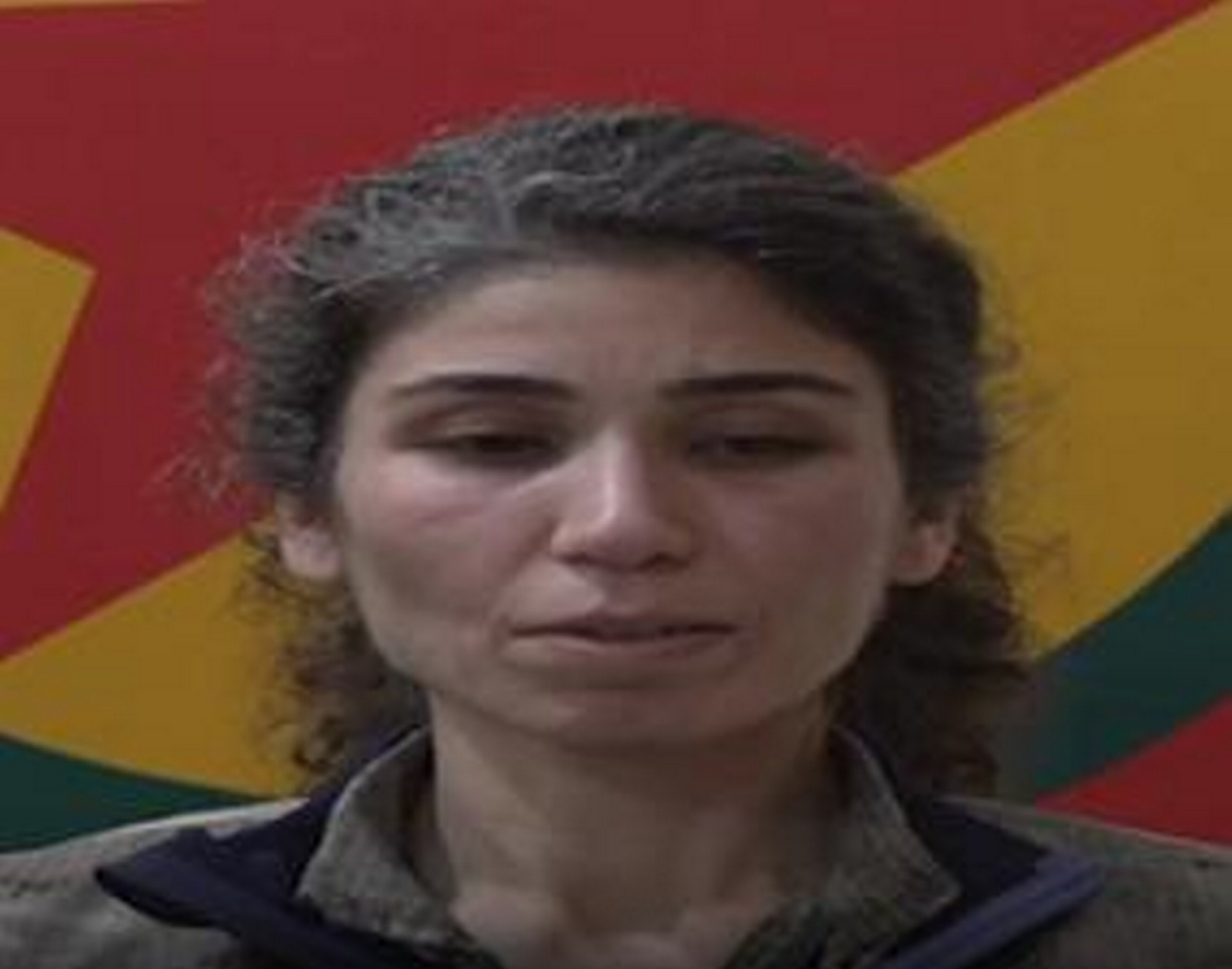© Turkuvaz Haberleşme ve Yayıncılık 2024
One of the top figures of the PKK terror group was eliminated in a precision strike in northern Iraq’s Sulaymaniyah region, Turkish authorities said Tuesday.
Rojda Bilen, codenamed “Bişeng Brüsk,” was targeted in an operation by Türkiye’s National Intelligence Organization (MIT).
Bilen, who joined the PKK in 2011, was the head of all female terrorists in the PKK’s so-called “youth branch.” She would find youths for potential recruitment and manipulate them to join the group through ideological propaganda. She also relayed instructions to the PKK’s youth branches in Türkiye.
Bilen, originally hailing from Türkiye’s eastern city of Şırnak, was born in the Swiss city of Lausanne in 1988 and educated at Anadolu University in the central Turkish province of Eskişehir. Her links to the PKK emerged in early 2009 through parties backing the group.
She served in regions like Gara, Qandil, the mountainous Iraqi region close to the Turkish border housing the PKK’s stronghold, as well as Makhmour and Syria. She was also wanted as a blue category terrorist by Turkish authorities for being a member of an armed terrorist organization.
MIT found Bilen was operating in the Pencevin region on the Iranian border of Sulaymaniyah’s countryside and eliminated her in the same region.

The PKK, which had its clout reduced in northern Iraq thanks to constant cross-border counterterrorism operations by Türkiye, finds support in Sulaymaniyah thanks to a local northern Iraqi political party.
Collaboration between the Patriotic Union of Kurdistan (PUK) and the PKK in semi-autonomous northern Iraq risks spillover of the terrorist group's violent campaigns to the wider region. The PUK, based in Sulaymaniyah, stands accused of giving more freedom of movement, both in the city and rural parts of Sulaymaniyah, to the PKK.
The PKK, not recognized as a terrorist group in Iraq, seeks to legitimize its presence through political parties and nongovernmental organizations (NGOs) in Türkiye's southeastern neighbor. In rural Sulaymaniyah, it intimidates the local population by setting up "checkpoints" and through extortion and kidnappings.
The terrorist group's activities hindered efforts for infrastructure improvements in some 800 villages in northern Iraq and disrupted local farmers' access to their lands, according to the Kurdistan Regional Government (KRG).
Further east of Sulaymaniyah, the PKK is also involved in drug trafficking and smuggling of goods on the Iran-Iraq border. In central Sulaymaniyah, the terrorist group is affiliated with several organizations, from Tevgera Azadi, a political association, to the Kurdish Women's Research Library and Academy.
The PUK issues IDs exclusive to its counterterrorism units to PKK members, helping them to move easily around the city and beyond. The PUK's assistance to the PKK also helps the latter to build a strategic "bridge" with the YPG, the terrorist group's Syria wing. The PUK is also behind military training for YPG members who cross into Iraq from northern Syria.
In PUK-governed Sulaymaniyah, the PKK ran wild with its campaign of terrorism that involved the arson of offices of political parties opposing its ideology, as well as the arson of public buildings, from libraries and banks to town halls. The "youth wing" of the PKK was also behind the burning of fields in Sulaymaniyah's rural district of Ranya in August 2023.
